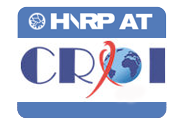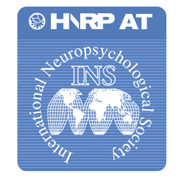Past Research Projects
Past Research Projects
Examples of Past Research Projects:
A Brief iPad-Based Screening Measure for HIV-Associated Neurocognitive Disorders
Agency: NIH/Digital Artefacts
Agency Award Number: R41 MH099964
To develop and determine the feasibility and validity of implementing a brief, iPad-based cognitive screening test for HIV-associated neurocognitive disorders.
Remediation of HAND: Initial Efficacy, Real-World Relevance, and Mechanisms
Agency: NIH
Agency Award Number: R34 MH097567
To examine whether training to improve how quickly a person can think also improves his/her performance on real-world tasks.
A Web-Based Approach to Evaluating HIV-Associated Neurocognitive Disorders
Agency: NIH
Agency Award Number: R21 MH098607
Currently in the absence of clinical or research tools to detect the nature or extent of problems surrounding use of the Internet in the context of managing daily affairs, this study takes an important first step in determining whether Internet technology can be used to more accurately and effectively determine the “real world” impact of HIV infection by developing web-based tests of household shopping, financial management, and route-finding
Self-Generation of Prospective Memory in HIV-infected Methamphetamine Users
Agency: NIDA
Agency Award Number: F31DA034510
Endocannabinoid System and Inhibition in Bipolar Disorder
Agency: NIMH
Agency Award Number: R21MH097112












